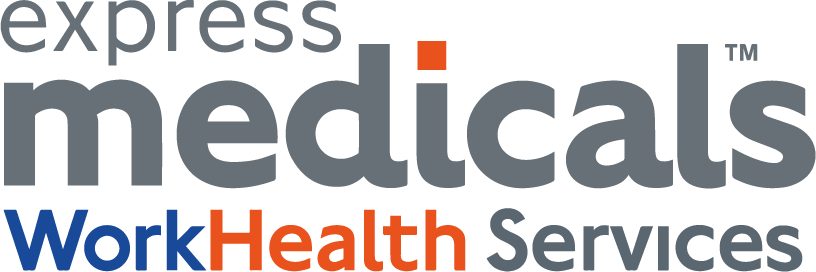Understanding Occupational Health Assessments: Types and Benefits
Occupational health assessments play a vital role in ensuring the well-being of employees and the success of businesses. These assessments are designed to evaluate an individual's fitness for specific job roles and identify potential health risks associated with their work environment. In this blog, we'll delve into the various types of occupational health assessments and explore the numerous benefits they offer to both employees and employers.
Types of Occupational Health Assessments
Pre-Employment Health Assessments
Pre-employment, or pre-placement health assessments are conducted before an individual begins a new job or posting. The primary objective is to assess whether the candidate is physically and mentally fit to perform the tasks required by the position. These assessments often include a medical examination, health history review, and sometimes even drug tests. The information gathered helps employers make informed hiring decisions and ensures that employees can meet the job's demands safely.
Periodic Health Assessments
Periodic health assessments are typically performed at regular intervals during an employee's tenure with a company. The frequency of these assessments may vary depending on the nature of the job and applicable regulations. These evaluations help monitor an employee's health over time, ensuring they remain fit for their role and identifying any potential health issues early on.
Fitness for Work Assessments
Fitness for work assessments are conducted when an employee's health status changes, or they experience an injury or illness that affects their ability to perform their job. These assessments determine whether an employee can safely return to work or need workplace adjustments, accommodations, or rehabilitation to resume their duties.
Health Surveillance
Health surveillance involves ongoing monitoring of employees' health when they are exposed to specific workplace hazards, such as chemicals, noise, or radiation. Regular health surveillance helps detect early signs of work-related illnesses or conditions, allowing for prompt intervention and prevention. Unlike the other types of assessment, that judge how the individuals’ health may affect the work, health surveillance helps to measure and control the effect of the work on the employee’s health.
Benefits of Occupational Health Assessments
Promoting Employee Health and Safety
One of the primary benefits of occupational health assessments is the promotion of employee health and safety. By identifying potential health risks and ensuring that employees are fit for their roles, businesses can reduce workplace accidents, injuries, and illnesses, creating a safer work environment.
Legal Compliance
Many countries have regulations and standards in place that require employers to assess and manage occupational health and safety risks. Complying with these regulations not only avoids legal penalties but also fosters a positive reputation and trust among employees and customers.
Cost Savings
Investing in occupational health assessments can lead to significant cost savings in the long run. Early identification and management of health issues can prevent costly medical treatments, sick leave, and workers' compensation claims.
Improved Productivity
When employees are healthy and fit for their jobs, they are more productive and engaged. Reduced absenteeism and presenteeism contribute to increased efficiency and overall job satisfaction among employees.
Employee Well-being
Occupational health assessments also demonstrate a company's commitment to the well-being of its workforce. This can boost employee morale, loyalty, and retention rates, which are essential for long-term business success.
Occupational health assessments are a crucial component of modern workplaces, helping to ensure the health, safety, and well-being of employees. By conducting various types of assessments, businesses can not only meet legal requirements but also reap numerous benefits, including improved productivity, reduced costs, and a healthier, more engaged workforce. Prioritizing occupational health assessments is a win-win situation for both employers and employees, contributing to a thriving and successful workplace.
